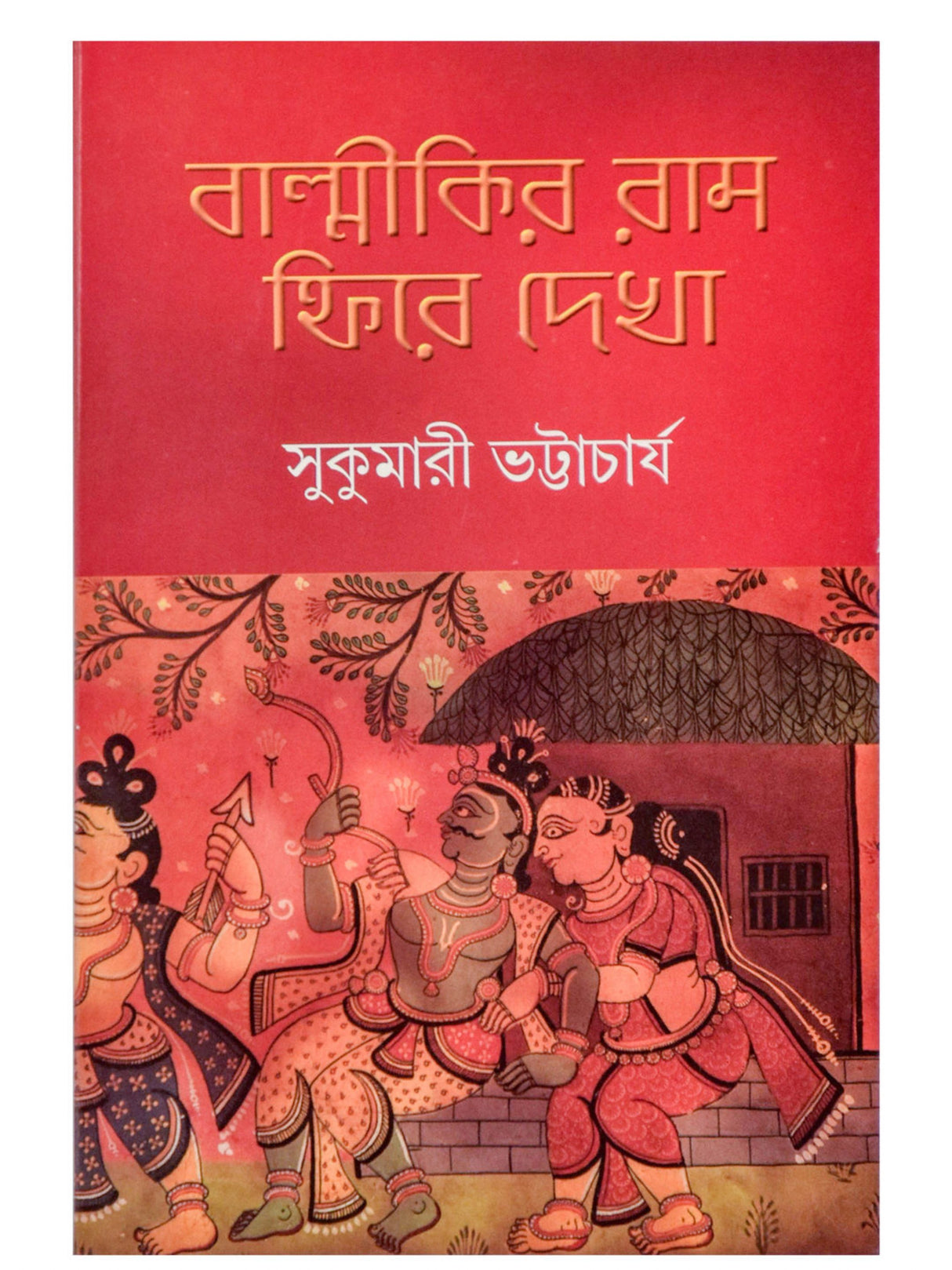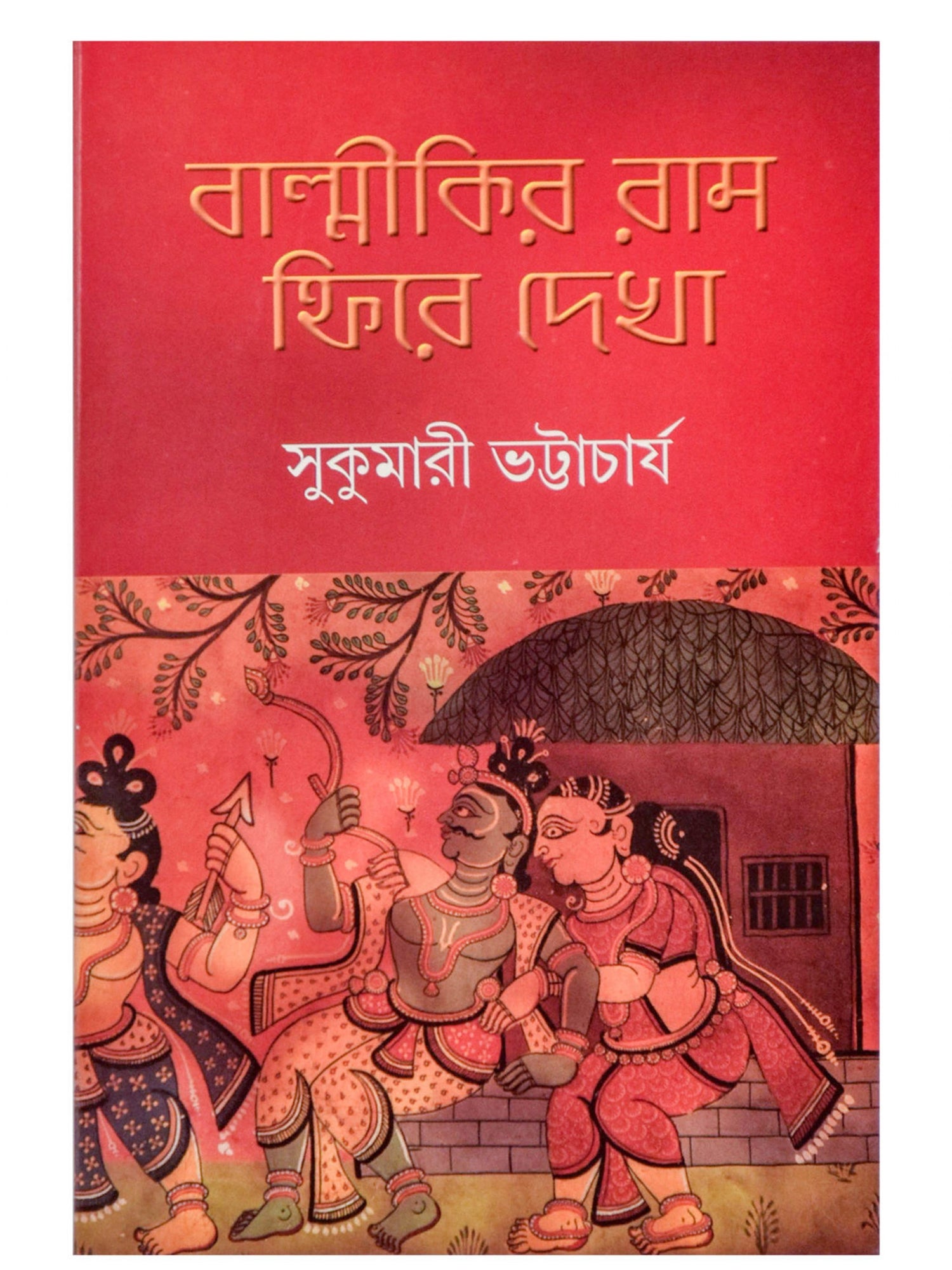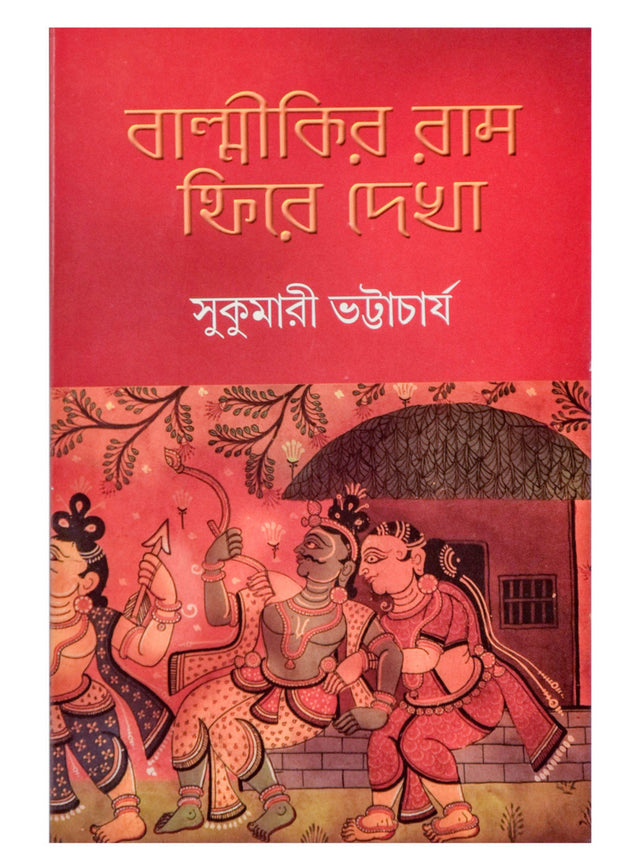Balmikir Ram: Phire Dekha
Balmikir Ram: Phire Dekha is backordered and will ship as soon as it is back in stock.
Couldn't load pickup availability
Genuine Products Guarantee
Genuine Products Guarantee
We guarantee 100% genuine products, and if proven otherwise, we will compensate you with 10 times the product's cost.
Delivery and Shipping
Delivery and Shipping
Products are generally ready for dispatch within 1 day and typically reach you in 3 to 5 days.
-
Author: Sukumari Bhattacharya
-
Category: Essays
-
Publisher: National Book Agency Private Limited
-
Language: Bengali
-
First Publication Year: 2002
-
Publication Year: 2024
-
Edition: 8th Edition
-
Binding: Paperback
-
Number of Pages: 47
-
ISBN: 978-81-94833-10-9
About the Book:
Balmikir Ram: Phire Dekha is a critical and thought-provoking exploration of the concept of Ramrajya, often glorified by Hindu nationalists as a utopian ideal of justice and peace. Sukumari Bhattacharya, a distinguished scholar of ancient Indian history, culture, and literature, challenges this one-dimensional narrative. In this essay, Bhattacharya digs deep into the so-called tolerance and benevolence of Hinduism, revealing the hidden elements of misogyny, caste discrimination, and exploitation that have been embedded in its cultural and religious texts.
The author draws from multiple verses of the Ramayana to question the contradictions in the concept of Ramrajya, which is often presented as an ideal governance. Bhattacharya raises fundamental questions about the portrayal of women, the oppression of lower castes, and the morally questionable actions taken in the name of dharma in ancient texts. For example, she discusses how the treatment of women in the Ramayana, such as forcing an innocent pregnant woman into exile or a Brahmin's son being made to sacrifice his life for a Shudra, contradicts the very idea of a just and fair kingdom.
Bhattacharya’s critical analysis does not seek to please any ideology but invites readers, especially the general public, to engage in an unbiased examination of these deeply rooted cultural myths. Through this essay, the author calls for a more nuanced understanding of India's ancient texts, aiming to challenge established narratives while urging for a more inclusive and compassionate view of history.





